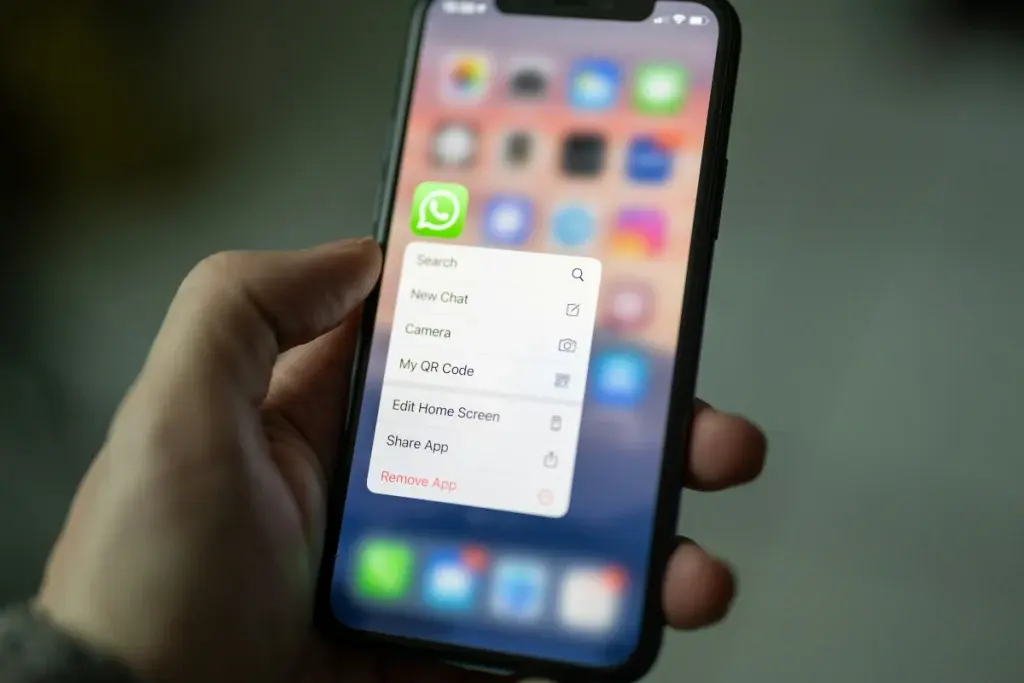WhatsApp has issued a warning that it may cease operations in India if it is compelled to compromise its end-to-end encryption. The messaging service, alongside Meta (its parent company), has lodged a petition at the Delhi High Court disputing India's 2021 IT regulations for social media intermediaries. Their main objection revolves around the mandate to identify the original source of information and share it with governmental authorities.
WhatsApp's Stand Against Indian Regulations
The current clash between WhatsApp and the Indian government stems from the requirement to expose the source of information, a move that could potentially jeopardize user privacy.
WhatsApp's primary concern is the demand to identify message originators, a process that conflicts with their end-to-end encryption policy, designed to safeguard user data.
The Debate Over Privacy vs. Security
While the government argues that tracing message originators is crucial to combat harmful content, WhatsApp emphasizes that breaking encryption violates users' fundamental right to privacy.
The platform highlights the extensive data storage implications and the potential breach of privacy rights if forced to compromise encryption protocols.
Legal Battle and Future Implications
The legal battle between WhatsApp and the Indian government has reached the Delhi High Court, with a scheduled hearing on August 14 for the petitions submitted by the messaging giant and Meta.
The outcome of this conflict will not only impact WhatsApp's operations in India but also underscores the necessity for India to establish robust data privacy laws to protect user information and uphold privacy standards.


Leave a Reply